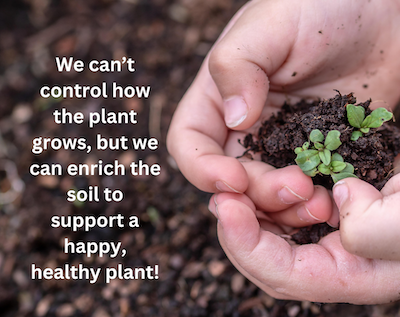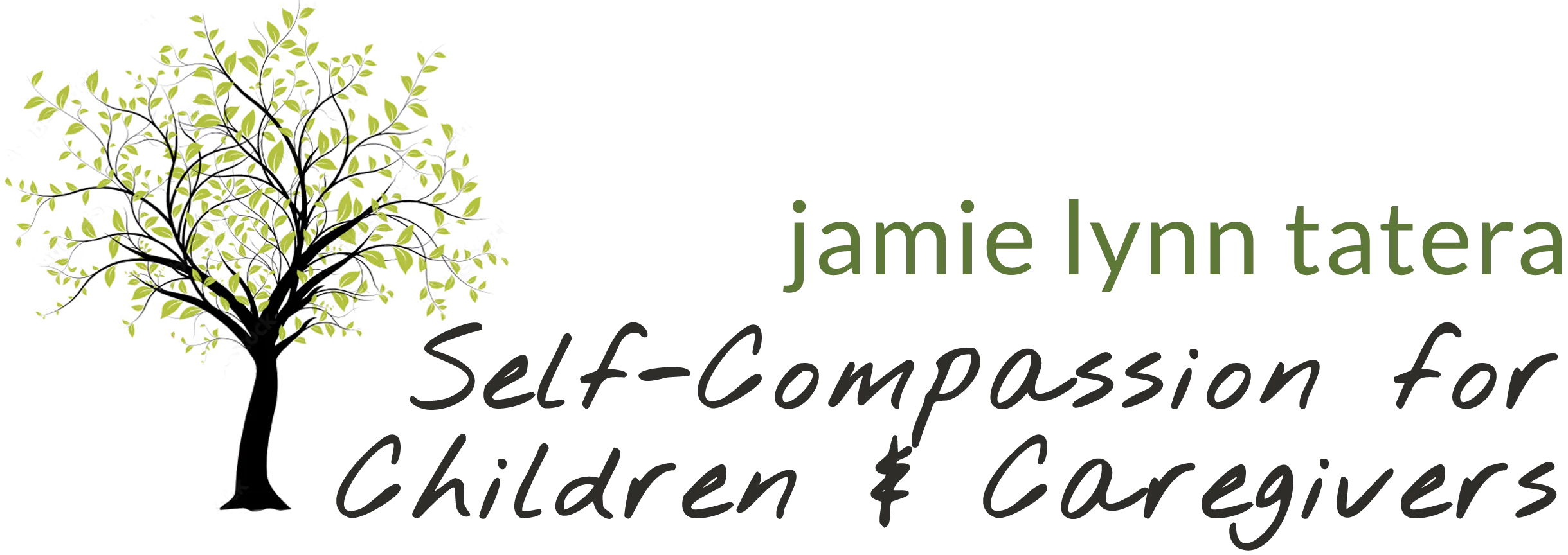Note: Be sure to read all the way to the bottom for a special treat from our family.
Hello Friends,
Have you ever noticed that your brain gets a little (or a lot) more anxious, neurotic, depressed, etc. than usual when you get sick? It’s a common occurrence, and I try to remind myself not to take my thoughts seriously when I’m sick, tired, or hungry. My brain is simply not a reliable source of information when it’s compromised.
Normally this altered state passes after we are done being sick, right? Wrong! For whatever reason with this last bout of Covid, I have had the post-Covid crazies. For me, the post-Covid crazies mean that my brain is a lot stickier/more obsessive than normal. And because human brains have a natural negativity bias, this means that my brain is also stickier for the negative. If you’re familiar with the feelings habit animals, you might remember that the beaver is the animal that obsesses about things. For me, the post-Covid crazies are the “beaver” brain on steroids.
Now, I know (or at least I hope!) that this is a temporary state. It’s been three weeks, and in the past, post-Covid fatigue has never lasted more than a couple of months for me. So, I’m trusting that the post-Covid crazies will also have a limited life-span. But just what can a person do when their brain is in an altered state for an uncomfortable period of time?
How I’m dealing with the post-Covid crazies
First, I try not to resist my brain being wackadoodle. This is challenging because my sticky brain desperately wants to make the obsessiveness go away. But I have enough mindfulness training under my belt to know that resisting a difficult mind state only makes it worse. So, I keep reminding myself not to try to make the crazies “go away.”*
Luckily for me, I’m relatively unaware of my brain’s stickiness when I’m teaching or in work-related meetings. However, I become acutely aware of my glitchy brain when I have down time, or when I’m focused on household tasks. When my brain starts to loop I remind myself that it’s temporary, and that my glitchy brain isn’t a problem that I have to solve. Then I listen to a podcast or otherwise occupy my mind while I do the menial task that is in front of me.
I also talk to my friends about my struggle. Talking about it doesn’t make the angsty feelings go away, but it does make the difficult feelings easier to bear. Even writing this blog makes me feel less alone. I also regularly remind myself that I’m not alone. Other people have glitchy brains sometimes, too.
Additionally, I offer myself kind support. I say things to myself like, “This is hard. This is not your fault,” etc. And I apologize to my kids when my beaver brain drives the bus. My compassionate voice doesn’t make the anxiety go away, but can you imagine what my experience would be like if I were criticizing myself for being obsessive? Let’s just say my amount of suffering would be much, much worse. This is why I am such a strong proponent of self-compassion—it is a positive coping skill during our moments of struggle.
I like to remind myself that my brain is like a plant. I can’t control the rate of growth of the plant (how long it takes for the post-Covid crazies to pass), but I CAN create the soil conditions that will support a healthy plant over time.

Self-compassionate actions are a big piece of what I’m doing to tend to soil conditions. I am continuing to do my yogic breathing and meditation practices, and I have been doing even more yoga than normal. I also have been spending more time in nature. Spending time in nature actually gives me temporary relief from my obsessive anxiety. And I’m getting back to exercising, which I couldn’t do as much when I was sick. Additionally, I’ve been upping my gratitude practice.
I still feel quite anxious. But I’m not nearly as bad as I would be if I weren’t tending to positive soil conditions.
The Real Choice
Sometimes when we are less than our best selves, the choice is not whether or not we will be anxious (or hurt, or depressed), but rather what actions we will take amidst our struggle. How we tend to the soil while we wait for our plant to get healthy can make all the difference in our ability to bounce back and our trajectory going forward.*
And, truthfully, the same is true for our kiddos. Sometimes we want to control our children’s rate of emotional growth or mental health challenges, but often our job is simply to create the right soil conditions for our children to thrive over time.
*Note: With acute and prolonged mental health challenges, therapeutic interventions and/or medication can sometimes help, too.
Join me
The best time to strengthen and grow resilience habits is now. Optimally adults and kids develop resilience resources before mental health challenges become acute. That way we have strong and accessible internal resources when challenges come our way. But even if you and your child are currently in the midst of struggle, it’s never too late to grow resources and enrich the soil.
If you’d like to join me for a free Self-Compassion for Children and Caregivers information session, I’m hosting a free session this coming Wednesday, May 15th. You can find out information about the info session and other offerings here.
I’d also like to share the full song that my daughter composed for the We Are in It Together podcast. I sincerely hope that you feel the love and support that we infused into the song (just press play below and it will take you to YouTube to hear the song). Knowing we are not alone on the journey can make the bumps and challenges easier to bear.
Wishing for you light and love,
Jamie Lynn
